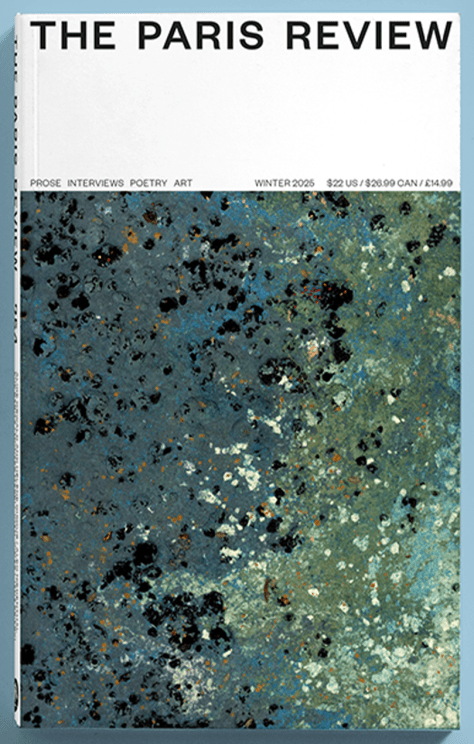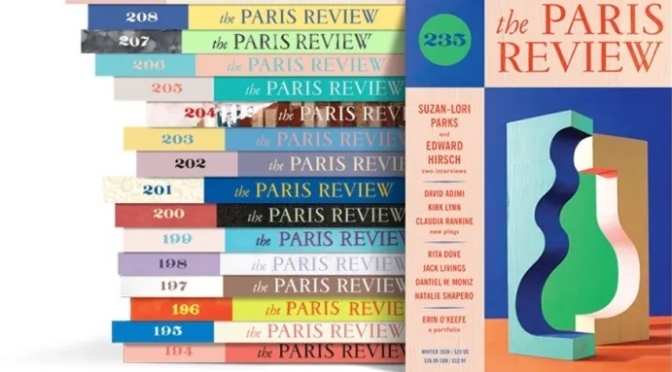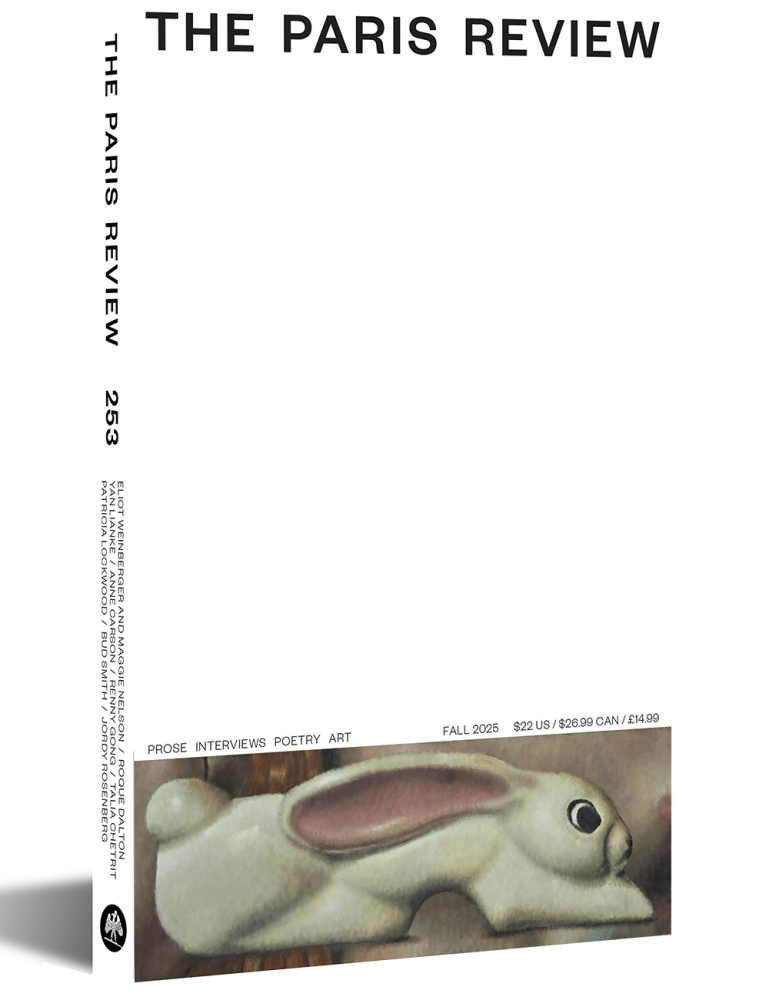A Speculative Morning with Keats
By Michael Cummins, Editor, September 25, 2025
“As if I were dissolving.” — John Keats, letter to his brother George, April 1819
In Hampstead, on a spring morning in 1819, John Keats sat beneath a plum tree and wrote “Ode to a Nightingale.” This is how the lines may have come to him—half vision, half dissolution.
Brown clatters a cup somewhere inside. The sound is an unwelcome punctuation mark on the morning’s silence, a reminder of the relentless normalcy of domestic life. The room has felt too narrow for breath, not just for my ailing lungs, but for the grief that keeps the curtains drawn. Barely six months since my brother Tom slipped away, the house still smells faintly of smoke, paper, and the sweet-sick residue of medicine. His absence hangs in the air. That weight has driven me to the grass, away from the claustrophobia of the sickroom.
The garden receives me. The grass is damp, pressing cool blades into my palms. Light filters through the plum tree leaves, breaking into fragments on the soil. The blossoms drift like a quiet snowfall, powdering my sleeve with pale dust as if testing whether the body still belongs to earth. Beyond the hedge, a cart rattles, a dog barks, a bell tolls faintly from Hampstead. Life continues its tedious bookkeeping. But here, there is only the hush before song.
Brown’s footsteps echo faintly, a rhythm too human for the stillness I crave. Even his voice, when it rises in greeting, feels like a tether to the mundane. I do not resent him; I envy his ease with the world. He pours tea, hums to himself, and carries on. I am fixed under the plum tree, waiting for something less ordinary to speak.
And then the nightingale begins. The sound is not a tune but a force: poured, unbroken, radically unselfconscious. It arrives without the stutter of human intention, as if the bird is nothing but the channel of its own liquid note. The song alters the air. I feel it in the chest before I write a word. I steady my paper, and the ink pools like shadow, metallic and alive. It smells of iron and inevitability. Each stroke is a pulse, each word a breath I cannot take.
My heart aches, and a drowsy numbness pains
My sense, as though of hemlock I had drunk,
The line comes of its own accord. The ache is not complaint but aperture. Pain is the friction that opens the door. Numbness clears the chatter of reason. The poem begins in crisis, a shock both physical and metaphysical.
Or emptied some dull opiate to the drains
One minute past, and Lethe-wards had sunk:
Lethe does not erase; it suspends. In its waters, memory floats unmoored, waiting for a name. Tom is gone, ferried by the same current. His silence hovers in the ink. Yet the river here is not despair but narcotic kindness, a place where debts and illness dissolve into rhythm. I do not summon the myth; it summons me. Byron writes like a storm—quick, unrelenting. I write like a wound: slow, deliberate, pulsing. And yet today the hand runs faster, driven by the bird’s current.
’Tis not through envy of thy happy lot,
But being too happy in thine happiness,—
I do not covet. I am saturated. The bird’s happiness is no possession but a weather spilling into the morning. I am not resentful; I am simply overflowed. The pen scratches faster when I abandon self-pity and admit the sheer fact of joy.
That thou, light-winged Dryad of the trees,
In some melodious plot
The Dryad arrives without strain. Myth is not invention but recognition. The bird’s song is timeless, deserving of a classical name.
Of beechen green, and shadows numberless,
Singest of summer in full-throated ease.
Ease—I do not have it. My lungs constrict, my chest rasps, nights punctuated by the cough that writes mortality into every breath. Yet I put the phrase down because the bird teaches it. A line must do what it says: open, breathe, pour.
The song intoxicates more than wine. My lips are dry, yet the body reels as though stained purple at the mouth.
O for a draught of vintage! that hath been
Cool’d a long age in the deep-delved earth,
The cellar rises: cool, stony, damp. This is no ornament but a transcription of sensation.
Tasting of Flora and the country green,
Dance, and Provençal song, and sunburnt mirth!
I have never seen Provence, but the imagination persuades me otherwise. The song conjures the vineyard. These sensations are not decoration; they are human joy remembered in the body.
O for a beaker full of the warm South,
Full of the true, the blushful Hippocrene,
The beaker is not a vessel but the bird itself, brimming with myth. Hippocrene flows because the song requires its name.
With beaded bubbles winking at the brim,
And purple-stained mouth;
To drink is to be marked. The mouth is stained because it has been altered. Poetry demands transformation; ecstasy must leave a trace.
But intoxication fades. What remains is grief.
Fade far away, dissolve, and quite forget
What thou among the leaves hast never known,
The bird is blessed in its ignorance. It does not know poverty. It does not know longing. It does not know the ache of an empty chair.
Tom once sat beneath this tree, sketching the shape of a bird in flight. He said silence was the soul’s canvas. Now that silence is heavier, less blank, more bruised. His face—thin as paper—rises when I write “youth grows pale.” The ode becomes his memorial as much as mine.
The weariness, the fever, and the fret
Here, where men sit and hear each other groan;
The line steadies itself on blunt fact. Tom. Debt. The cough. No flourish can soften them.
Where palsy shakes a few, sad, last grey hairs,
Where youth grows pale, and spectre-thin, and dies;
He is there again, spectre-thin, his breath shallow. The cadence is the only mercy.
Where but to think is to be full of sorrow
And leaden-eyed despairs,
Thought itself betrays when it offers no hope forward. To write is to wrestle despair into cadence.
I call for wings—not Bacchus’s painted team but the invisible kind I know.
Away! away! for I will fly to thee,
Not charioted by Bacchus and his pards,
Wine is a lie. Fancy, too. Only poesy can lift.
But on the viewless wings of Poesy,
Though the dull brain perplexes and retards:
The brain resists, heavy, skeptical. Poesy ignores resistance. The moment I write “Away!” I am gone.
Already with thee! tender is the night,
And haply the Queen-Moon is on her throne,
Daylight floods Hampstead, yet the moon rises on the page. The imagination enthrones her, and that suffices.
Cluster’d around by all her starry Fays;
But here there is no light,
Contradiction is permitted. This is Negative Capability as I once named it: to remain “in uncertainties, Mysteries, doubts, without any irritable reaching after fact and reason.” The ode does not solve; it dwells.
Death arrives then, companionable, not hostile.
Now more than ever seems it rich to die,
To cease upon the midnight with no pain,
“Rich”—the word startles, but I keep it. Death here is plenitude, not theft.
While thou art pouring forth thy soul abroad
In such an ecstasy!
The bird pours, my ribs echo. Death feels like completion.
Still wouldst thou sing, and I have ears in vain—
To thy high requiem become a sod.
Yet honesty must break the dream: if I am earth, I cannot hear. Even rapture admits silence.
The song itself, though, is older than me, older than kings.
Thou wast not born for death, immortal Bird!
No hungry generations tramp thee down;
Mortality is mine, not yours. Your song belongs to recurrence.
The voice I hear this passing night was heard
In ancient days by emperor and clown:
Emperors and clowns alike have bent their ears. Beauty makes no distinction.
Perhaps the self-same song that found a path
Through the sad heart of Ruth, when, sick for home,
The “perhaps” is everything. Certainty would bruise compassion.
I think, too, of Fanny Brawne. Her presence lingers behind the lines, as urgent as my cough. She is near, but a partition stands—of health, of propriety, of fate itself. To love her is to ache for what cannot be promised. The bird’s song is boundless, but my breath is measured. Desire sharpens sorrow into necessity.
The garden dissolves. Casements open in the skull.
Charm’d magic casements, opening on the foam
Of perilous seas, in faery lands forlorn,
The peril saves the vision from cloying. A blossom falls on my sleeve like ash from a cooling fire.
Forlorn! the very word is like a bell
To toll me back from thee to my sole self!
One word tolls, and the spell breaks.
Adieu! the fancy cannot cheat so well
As she is fam’d to do, deceiving elf.
I do not scold the Fancy. I thank it. Its deception is mercy.
The music vanishes. Not fading, but gone.
Fled is that music:—Do I wake or sleep?
I stop. I do not answer. The question is the ode’s truest symmetry.
The ink is still damp, smelling of iron. I glance back at the start, weighing first heat against last stillness.
My heart aches, and a drowsy numbness pains… Fled is that music:—Do I wake or sleep?
Between these poles lies a morning: a poet beneath a plum tree, a body already failing, a bird whose song endures.
I think of what I wrote not long ago—that the world is a vale of Soul-making. Do you not see how necessary a World of Pains and troubles is to school an Intelligence and make it a Soul? Suffering is the furnace, imagination the hammer. The ode is not escape from the furnace but evidence of the forging itself.
Perhaps a widow will read this, her fingers trembling on the page. Or a child, too young to name sorrow, will feel something loosen in the chest. Or a soldier, resting between battles, will find a measure of stillness in the lines. Beauty is not ornament but survival. If the poem steadies even one breath, it has earned its place among the leaves.
Brown steps out, squinting in the morning light. I gather the pages, careful as if any breeze could undo the morning. I hand him the sheaf and say what is exact: “I have been writing.”
He will tell this story later and say I wrote under the plum tree in one morning, which is true in the way truth sometimes fits a simple sentence. I go back inside. The cough finds me at the foot of the stair; it always does. But the air in my chest is changed by the shape the morning carved in it. The bird sang, and I answered. Whether I wake or sleep, the song remains.
THIS ESSAY WAS WRITTEN AND EDITED UTILIZING AI














